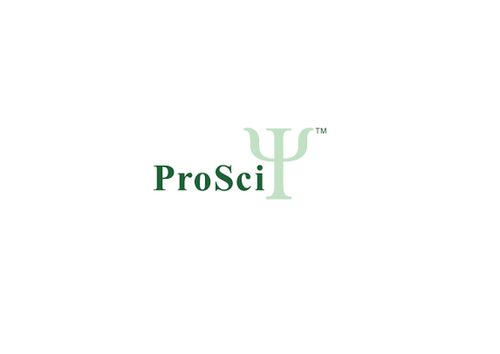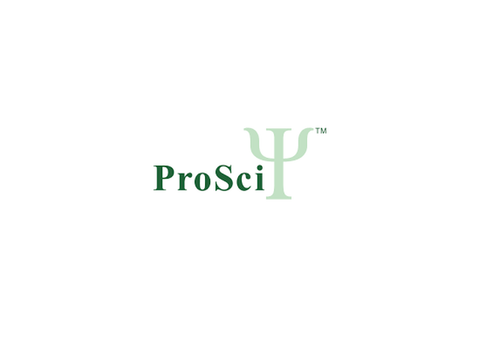Product Description
APOB Antibody | 14-901 | ProSci
Host: Rabbit
Reactivity: Human, Mouse, Rat
Homology: N/A
Immunogen: Recombinant fusion protein containing a sequence corresponding to amino acids 28-330 of human APOB (NP_000375.2) .
Research Area: Cancer, Signal Transduction
Tested Application: WB, IF
Application: WB: 1:200 - 1:2000
IF: 1:50 - 1:200
Specificiy: N/A
Positive Control 1: LO2
Positive Control 2: HepG2
Positive Control 3: HL-60
Positive Control 4: Mouse liver
Positive Control 5: Mouse kidney
Positive Control 6: Rat liver
Molecular Weight: Observed: 110kDa
Validation: N/A
Isoform: N/A
Purification: Affinity purification
Clonality: Polyclonal
Clone: N/A
Isotype: IgG
Conjugate: Unconjugated
Physical State: Liquid
Buffer: PBS with 0.02% sodium azide, 50% glycerol, pH7.3.
Concentration: N/A
Storage Condition: Store at -20˚C. Avoid freeze / thaw cycles.
Alternate Name: APOB, apolipoprotein B (including Ag (x) antigen) , FLDB, apoB-100, apoB-48, apolipoprotein B, apolipoprotein B48, LDLCQ4
User Note: Optimal dilutions for each application to be determined by the researcher.
BACKGROUND: This gene product is the main apolipoprotein of chylomicrons and low density lipoproteins. It occurs in plasma as two main isoforms, apoB-48 and apoB-100: the former is synthesized exclusively in the gut and the latter in the liver. The intestinal and the hepatic forms of apoB are encoded by a single gene from a single, very long mRNA. The two isoforms share a common N-terminal sequence. The shorter apoB-48 protein is produced after RNA editing of the apoB-100 transcript at residue 2180 (CAA->UAA) , resulting in the creation of a stop codon, and early translation termination. Mutations in this gene or its regulatory region cause hypobetalipoproteinemia, normotriglyceridemic hypobetalipoproteinemia, and hypercholesterolemia due to ligand-defective apoB, diseases affecting plasma cholesterol and apoB levels.
 Euro
Euro
 USD
USD
 British Pound
British Pound
 NULL
NULL








![APOB Antibody [D10H9] APOB Antibody [D10H9]](https://cdn11.bigcommerce.com/s-452hpg8iuh/images/stencil/500x659/products/572469/805481/porsci_lo__79508.1648973713__70209.1649090906.png?c=2)



